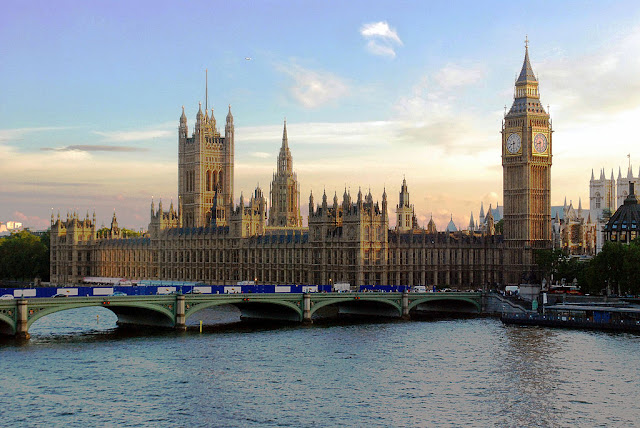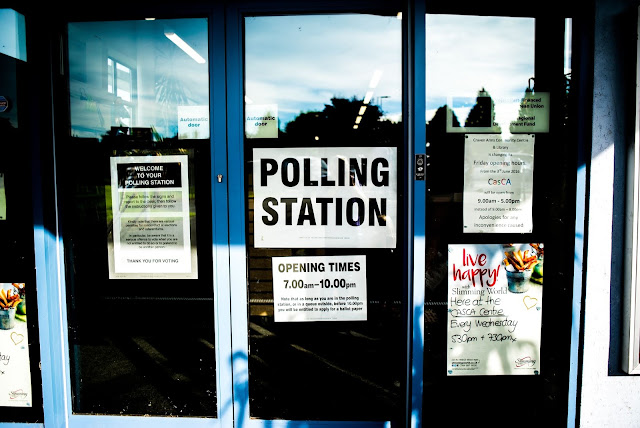“Constitutional coup” or a Close Call for the Constitution?

Megan Tomlinson - Writer Just eight minutes before the historic judgment of the Supreme Court on 24th September 2019, a prominent and engaging EU lawyer addressed a room of aspiring lawyers in their Postgraduate induction week. In a fashion not dissimilar from a ‘hype man’, he drummed into each of us the significance of the judgment that could be delivered that morning. The following talk happened to be scheduled with the Junior Counsel for Gina Miller on his research into the ‘Wives of ISIS’. Yet, as Dr Tom Hickman QC rushed into the room straight out of the Supreme Court, and the news articles on the decision popped up on every smartphone in the room, a cheer erupted from the next generation of lawyers: a success for the Constitution and for Parliamentary Sovereignty! It was safe to say that the topic of ‘Wives of ISIS’ was postponed for another time. The second Supreme Court Miller judgment elicited a range of reactions in the political sphere, with Jacob Rees-Mogg MP alleged...






